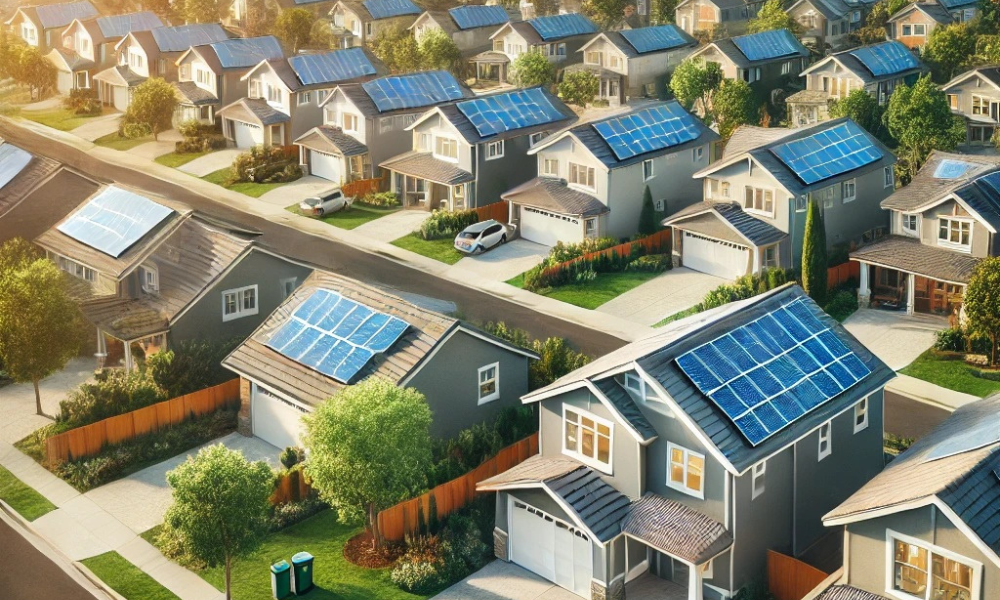Swiss Re highlights emerging risks for rooftop solar systems

Swiss Re highlights emerging risks for rooftop solar systems | Insurance Business New Zealand
Reinsurance
Swiss Re highlights emerging risks for rooftop solar systems
Solar installations face fire and weather risks
Reinsurance
By
Kenneth Araullo
Swiss Re has identified emerging risk control needs for properties with rooftop solar installations, as the global demand for clean energy continues to grow. Despite the fact that buildings consume 40% of global energy, less than 1% of US buildings have rooftop solar panels.
As per the report, governments and regulatory authorities worldwide are promoting the adoption of commercial and industrial (C&I) rooftop solar as part of sustainability initiatives. Increasing rooftop availability and rapidly evolving regulations are key drivers of this shift toward solar energy.
Swiss Re highlights that while properly designed, installed, tested, and maintained rooftop solar photovoltaic (PV) systems can minimize risk, the growth in C&I installations also brings issues.
Beyond the potential damage to the PV systems themselves, rooftop fires could lead to property damage, destruction of building contents, and business interruption. The insurance industry has a role in mitigating these risks by supporting standards that encourage their safe installation and maintenance.
One of the most significant risks associated with rooftop solar is fire. Although fires are relatively infrequent, they can result in severe damage if the fire spreads from the PV system to the roof and the building below. Hail, particularly in areas where it is common, presents a higher frequency risk and is likely to become more severe with climate change.
Windstorms can damage panels, reduce performance, and allow water ingress, while earthquakes pose risks to both the PV systems and the building’s structural integrity, according to Swiss Re.
Swiss Re notes that specific mitigation measures can help reduce the risks associated with extreme weather and fire for solar panels. Buildings designed with “solar readiness” in mind can lower the chances of preventable incidents such as electrical fires.
The use of data and analytics is also a growing factor in risk reduction, with live data from sensors and weather stations providing real-time risk indicators. Traditional indicators from project risk registers and manufacturers’ operating manuals also contribute to a more comprehensive risk framework.
Risk management in the solar industry requires collaboration among qualified personnel, including risk engineers, emergency response teams, researchers, and regulators. Swiss Re stresses the importance of using high-quality equipment and proper installation techniques to reduce loss events. Involving risk engineers early in the design phase of a solar installation can help identify hazards before they lead to significant issues.
The insurance sector can also play a critical role in reducing risks associated with rooftop solar by supporting the development of holistic regulations that cover the entire lifecycle of a solar installation.
Drawing on its expertise in risk control and quantification, the insurance industry can work with financial decision-makers to establish evidence-based strategies for managing both established and emerging risks in the solar sector.
What are your thoughts on this story? Please feel free to share your comments below.
Keep up with the latest news and events
Join our mailing list, it’s free!






